21 Best Alcohol and Drug Rehabs in Erie, PA 2025

6.89
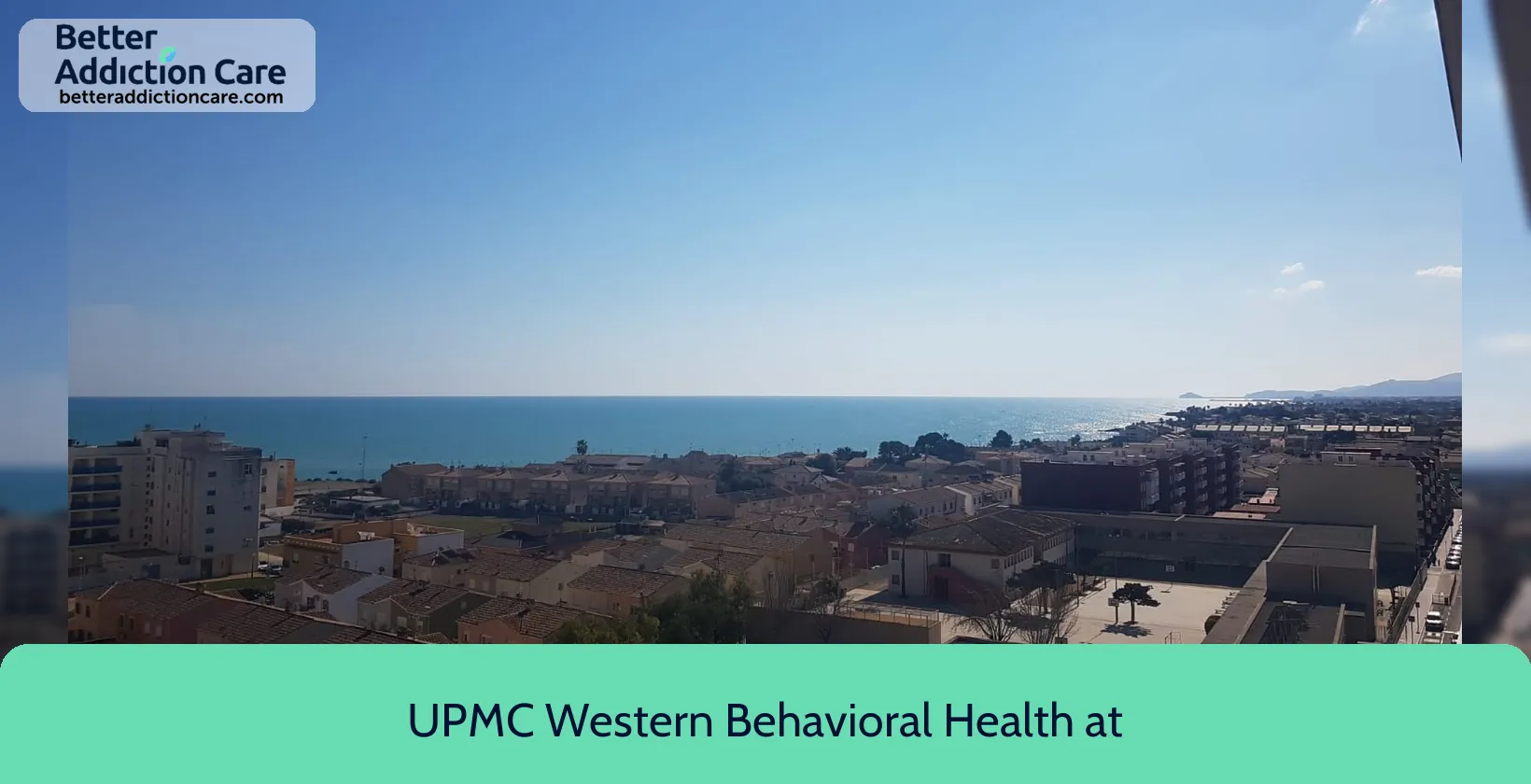
6.56
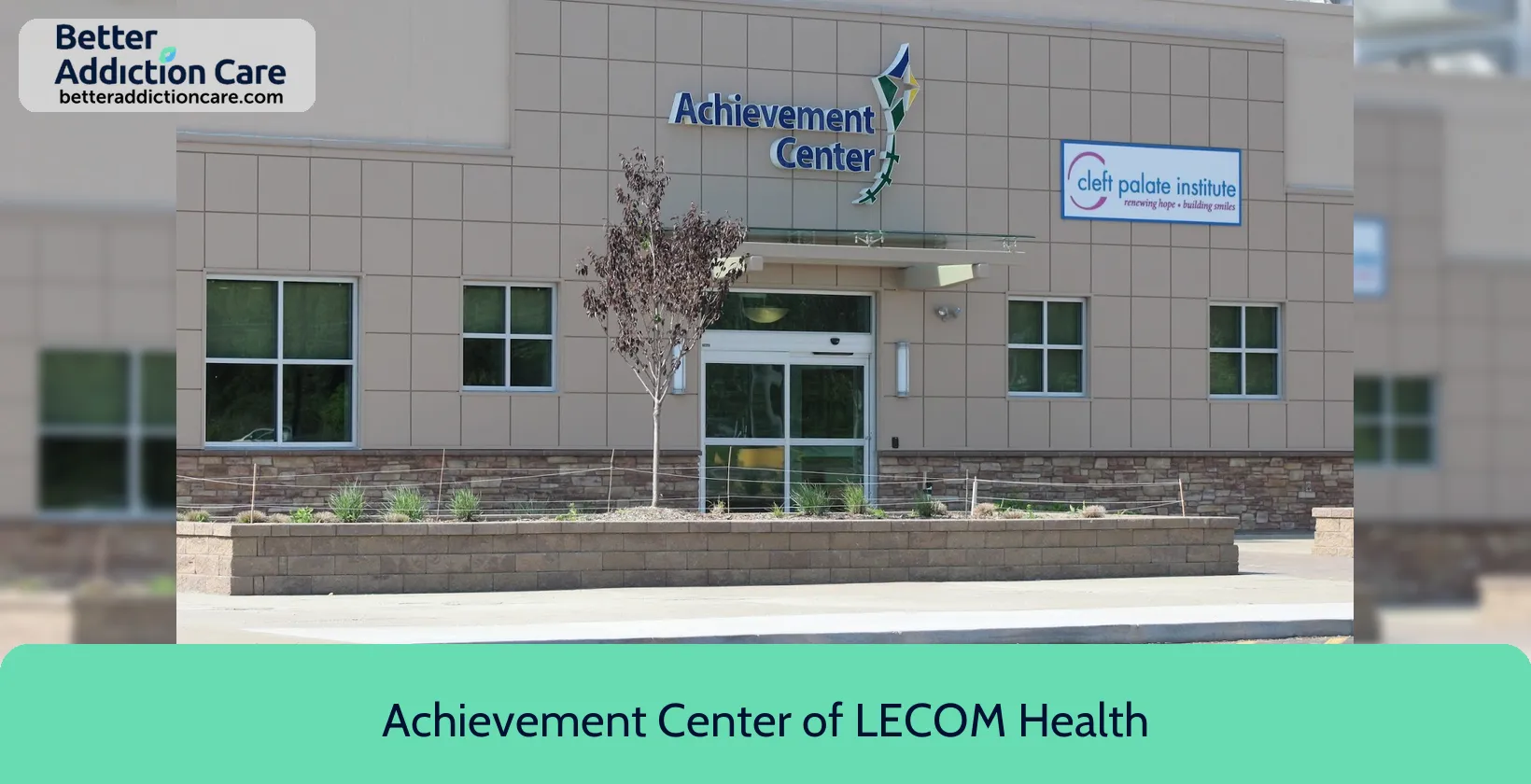
6.59
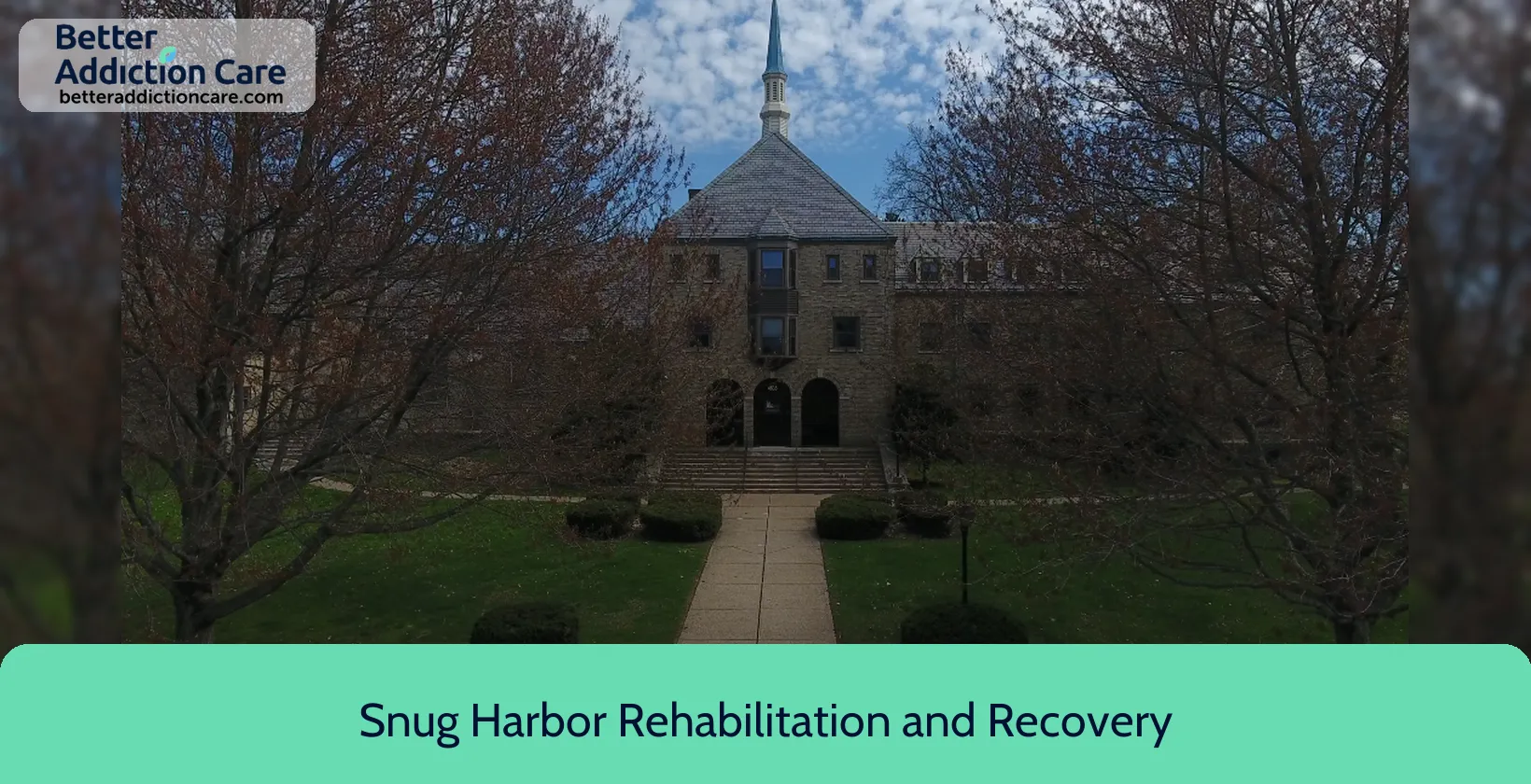
7.56
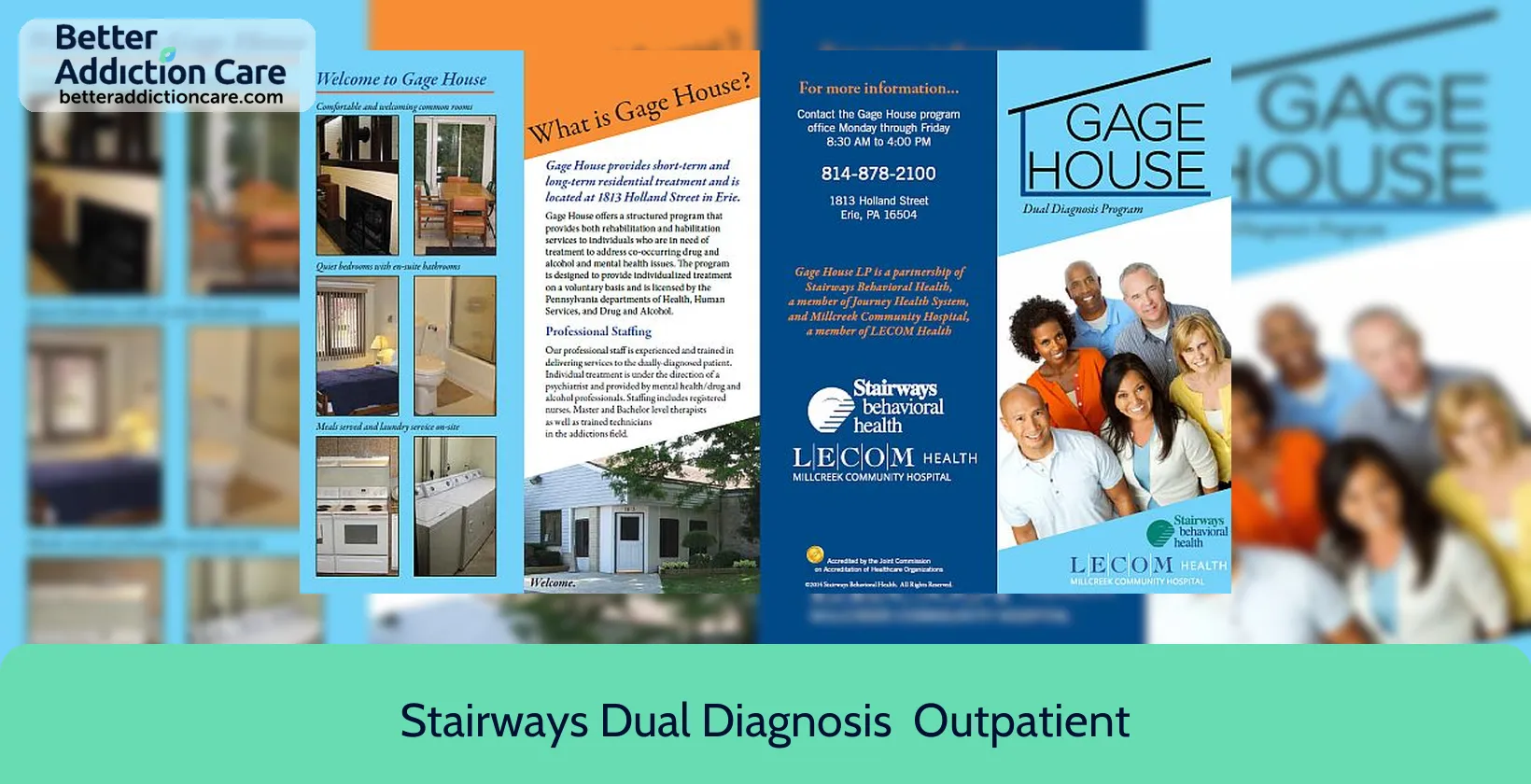
6.88

6.71
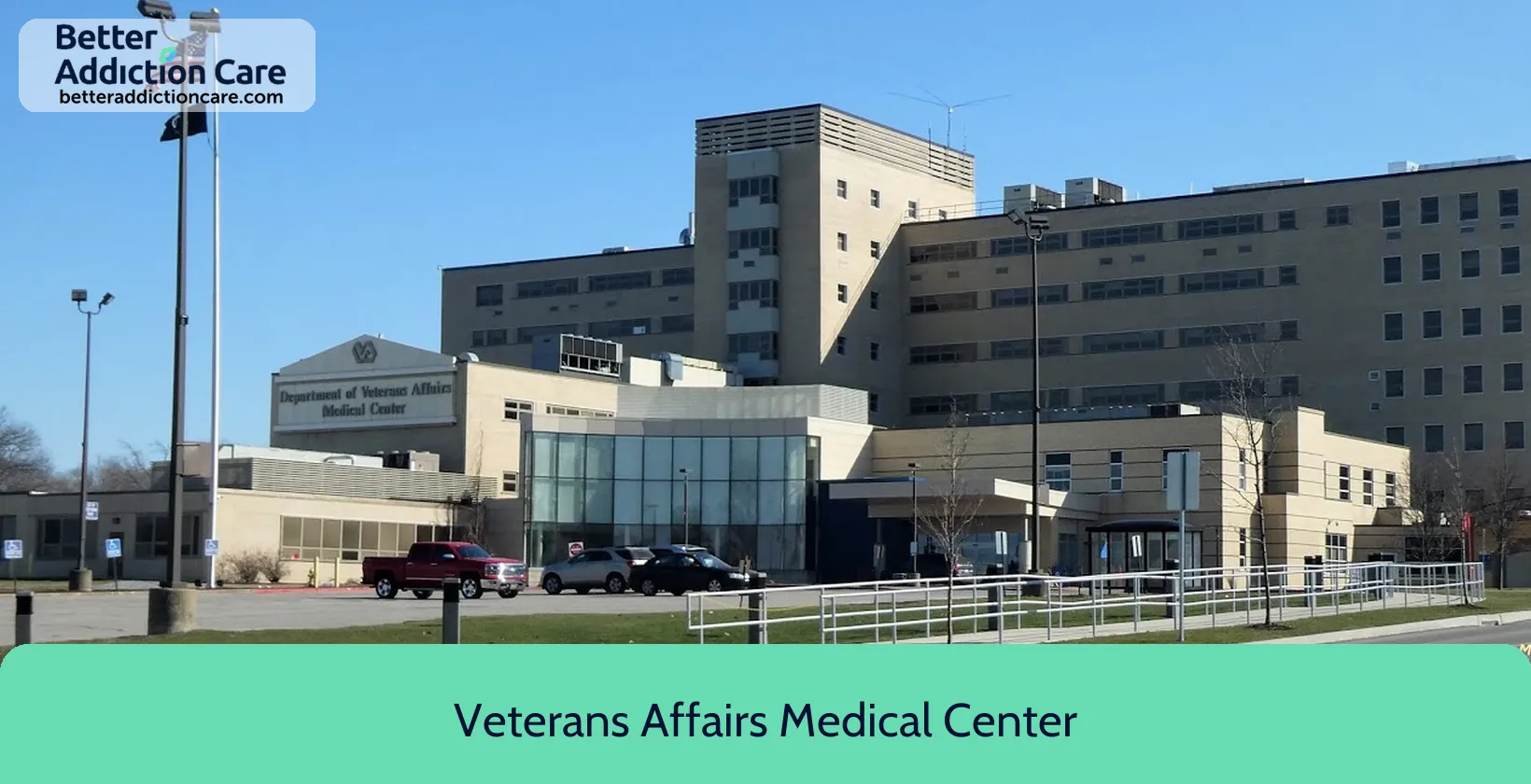
7.43

7.28

7.36
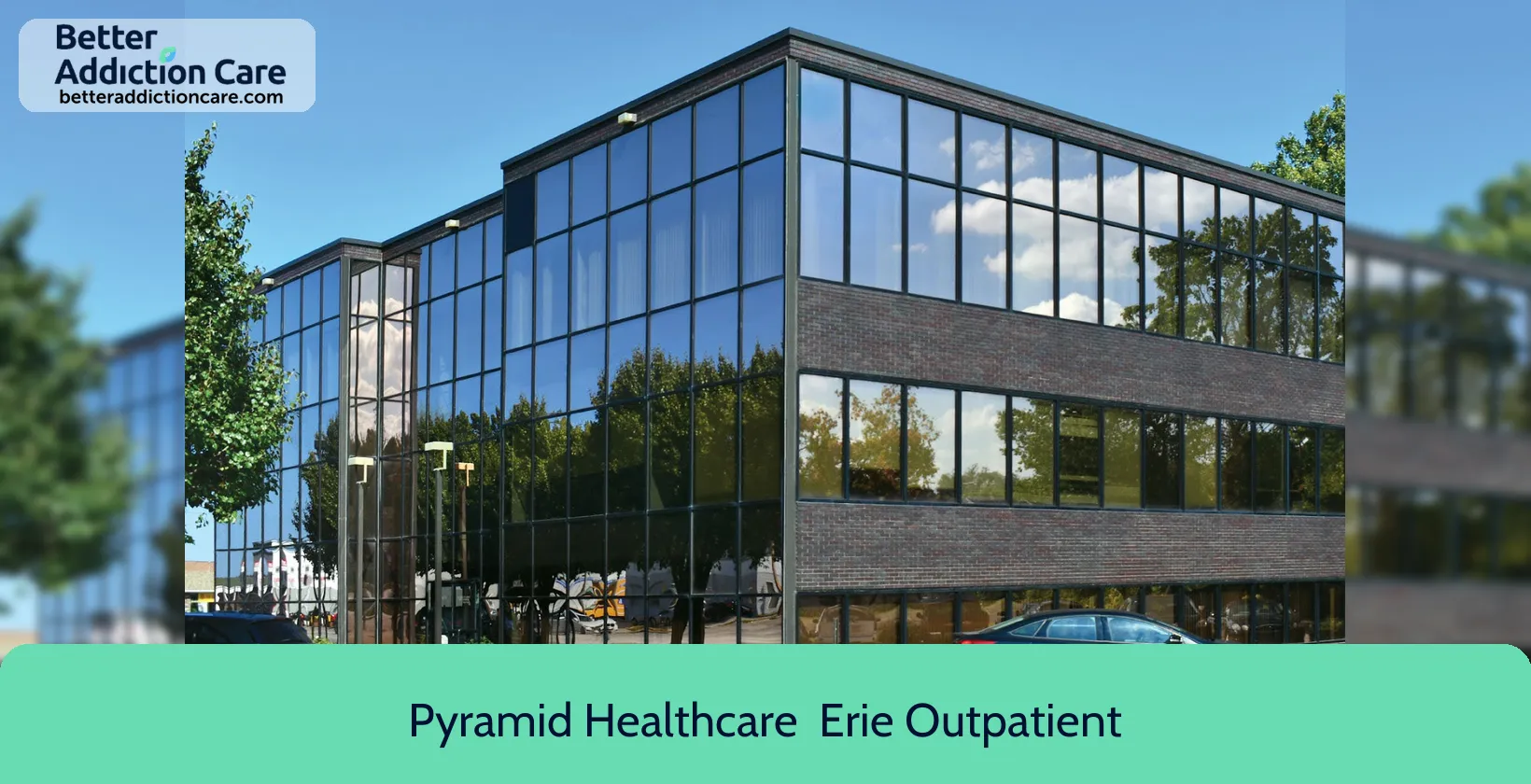
7.25

6.74

6.96

6.56

7.28

7.08

7.46

6.62

6.59

6.62

6.56

7.16
Local Rehabs in Pennsylvania
Common Questions About Rehab in Erie
Take a look at our FAQ. We've tried to fill it with all the answers you're looking for. And if not, contact us on (888) 349-0436.


